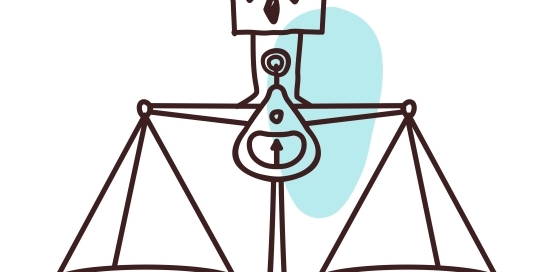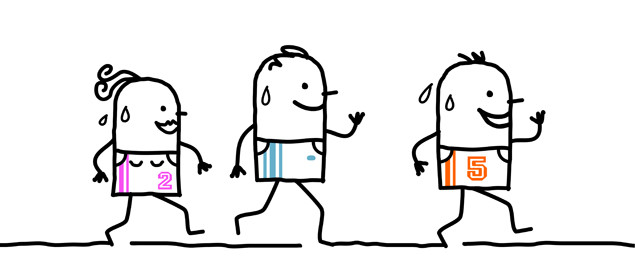How to discuss traumatic events in therapy: Strategies for organizing the bookcase
In this article, I will discuss guidelines for discussing traumatic events which facilitate organizing memories effectively. In my last article, I discussed how the challenging task of discussing the details of traumatic events leads to many benefits which facilitate healing for clients with post-traumatic stress disorder (PTSD). One of the benefits was that discussing traumatic events facilitates the organization of these events in a person’s memory. In turn, I indicated that organizing the details of traumatic events in memory is fundamental to healing from PTSD by using the metaphor of organizing books in a bookcase. To organize memories effectively, it is important that discussions of traumatic events follow research-based guidelines. In the following sections, I will discuss these rules for efficiently organizing the books on the shelves of the bookcase...[more]









